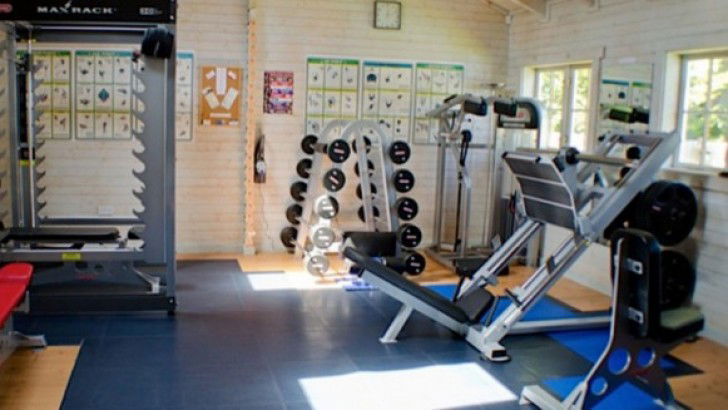Health
Monetary incentives do little to spur gym-going: Study

New York, July 31 : If you are hitting the gym less frequently than you did at the start, take heart. Some people, a new study suggests, cannot make their commitment stick even when they are paid to exercise.
The experiment involved more than 800 new members of a private gym in the US.
Despite timing incentives to when people were already more motivated to exercise, the incentives proved ineffective in initiating a healthy behaviour, according to results that appeared in a National Bureau of Economic Research working paper.
"They wanted to exercise regularly, and yet their behaviour did not match their intent, even with a reward," said co-author of the study Mariana Carrera, Assistant Professor at the Weatherhead School of Management, Case Western Reserve University in Cleveland, Ohio.
"People thought earning the incentive would be easy but were way overoptimistic about how often they'd go," Carrera said.
The members intended to visit three times per week but ended up averaging one weekly visit by the end of the six-week study.
For visiting the gym nine total times during the study (an average of 1.5 times per week), participants were promised one of three modest rewards -- a $30 Amazon gift card; a prize item, such as a blender, of equivalent value; or a $60 Amazon gift card.
A control group received a $30 Amazon gift card regardless of how often they visited.
After the first week, 14 per cent did not visit the gym again.
Incentivised participants showed a slight increase in gym visits in the sixth week - their last chance to make enough visits to earn their prize. But overall, those given incentives made only 0.14 more visits per week than those promised no reward at all.
The group promised the $60 gift card also did not visit the gym more often than those given the $30 gift card or prize.
Researchers thought that selecting the prize item at the outset might create a sense of ownership and prove to be a more powerful motivator, because failing to hit the target visit rate might feel like a loss.
However, while the item induced slightly more visits, the difference was insignificant, the study said.



































